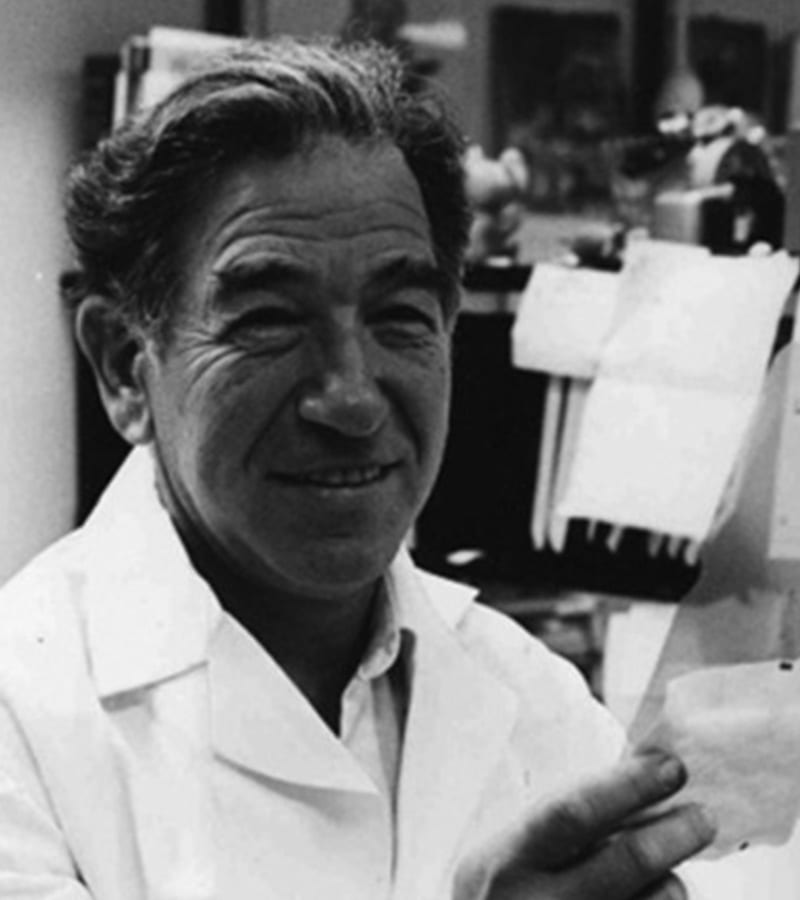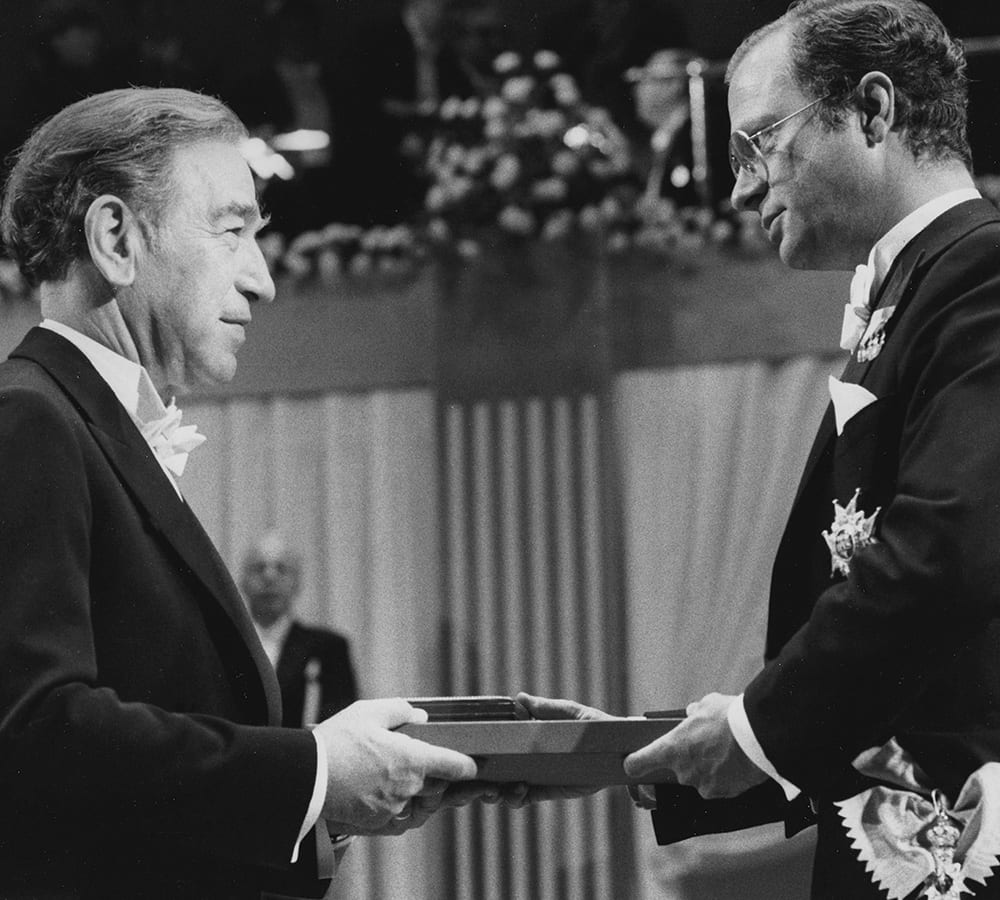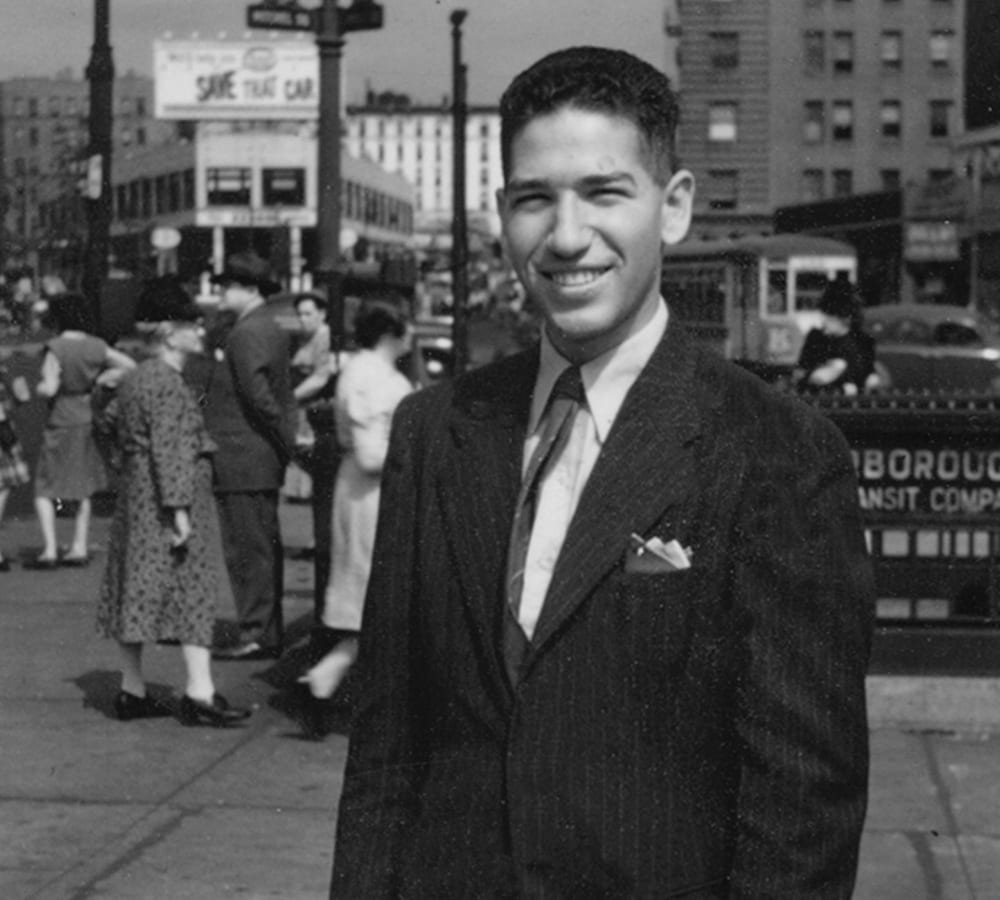Stanley Cohen, Ph.D.

Dr. Stanley Cohen served as Professor of Biochemistry at Vanderbilt University for 41 years where he was responsible for the mentorship and education of many graduate students, postdoctoral fellows and fellow faculty members.
Dr. Cohen received his Ph.D. from the University of Michigan before attending Washington University in St. Louis for his postdoctoral fellowship in the laboratory of Martin Kamen where he learned techniques using radioisotopes, a new technology at the time. Dr. Victor Hamburger, Zoology, was looking for a biochemist who was also interested in mouse embryology—this person would work with Dr. Rita Levi-Montalcini to characterize what would be known as nerve growth factor. At the same time, Dr. Cohen isolated a substance known as epidermal growth factor (EGF).
When Dr. Cohen came to Vanderbilt in 1959, he continued work on the characterization of EGF and its receptor. It was discovered (by other groups) that mutations in the DNA of the receptor for EGF caused many kinds of cancer. Now, pharmaceutical companies have developed 87 medicines to treat many of these cancers. Dr. Cohen’s work illustrates the great importance of basic science research, knowledge for the sake of knowledge, in advancement of clinical human treatment.
For his work, Dr. Cohen shared the 1986 Nobel Prize in Physiology or Medicine with Rita Levi-Montalcini for the isolation of growth factors. He was also an American Cancer Society Professor for his entire career, was elected into the National Academy of Sciences and received the National Medal of Science from Ronald Reagan. He was also the recipient of the Lasker Award, often referred to as the “American Nobel,” among others. Dr. Cohen retired from Vanderbilt in 2000.
A decorated scientist, passionate educator and life-long mentor, Dr. Stanley Cohen is a 2016 inductee of the Tennessee Health Care Hall of Fame.


